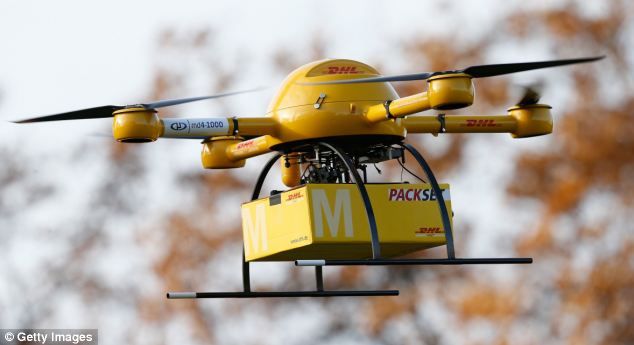Dec 10, 2013
How Artificial Intelligence Might Monetize Fan Fiction
Posted by Seb in categories: entertainment, media & arts, robotics/AI
 “Creative” machines are already here. There are composition programs that write original music, data analysis programs that produce original news reports, and artistic robots that create original paintings. Leave the composition program running after breakfast, and you’ll have 5,000 chorales by lunch. Immediately after the last NFL game of the week, the analysis program will prepare 300 unique football reports and recaps for you per second. The painting robot can even mix its own paints and wash its own brushes.
“Creative” machines are already here. There are composition programs that write original music, data analysis programs that produce original news reports, and artistic robots that create original paintings. Leave the composition program running after breakfast, and you’ll have 5,000 chorales by lunch. Immediately after the last NFL game of the week, the analysis program will prepare 300 unique football reports and recaps for you per second. The painting robot can even mix its own paints and wash its own brushes.
But what about fiction? David Cope, the music professor who created Emmy, the composition program that can create 5,000 original music pieces in a morning, says in an email, “I believe that without a doubt computer programs will write novels. Even great novels. It seems to me that we would be selling human creativity short if we didn’t believe that to be true.” That represents quite an endorsement of human ingenuity: We are creative enough to make machines that can relieve us of the need to be creative. However, Joe Procopio of Automated Insights, which provided Yahoo Sports with more than 50 million fantasy football recaps and reports during the 2012 NFL season, takes a more guarded view. “I’m very skeptical of the possibility of machines being able to generate viable fiction in the near term,” he cautions in an email before adding, “But I’m sure it can be done.”













